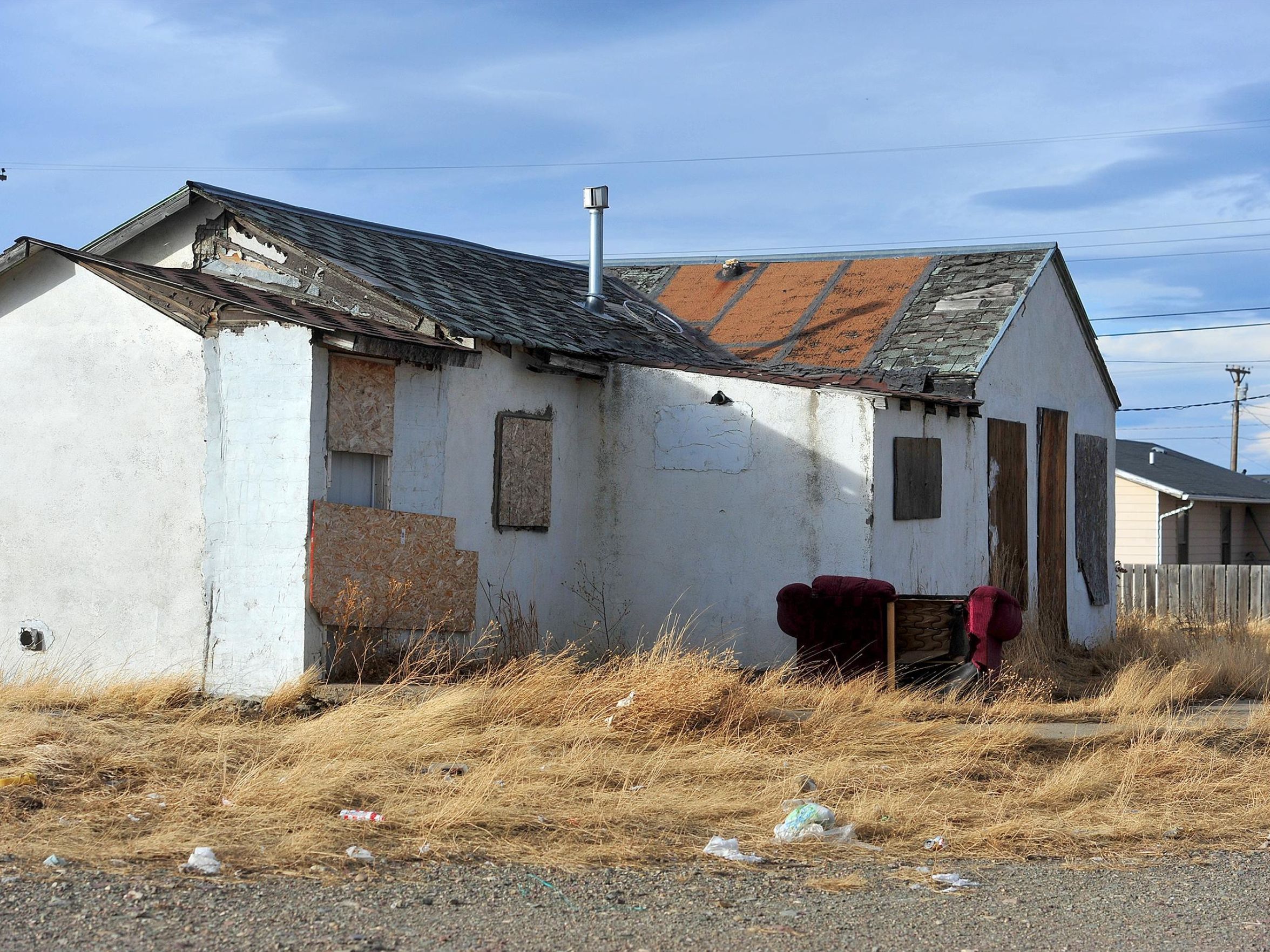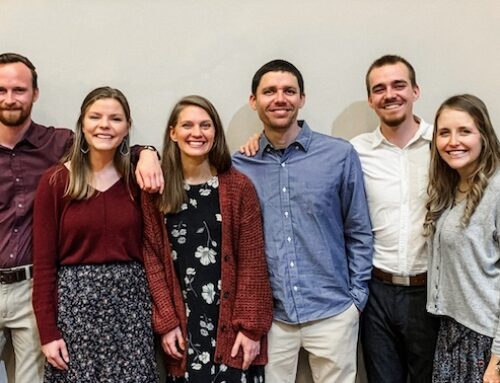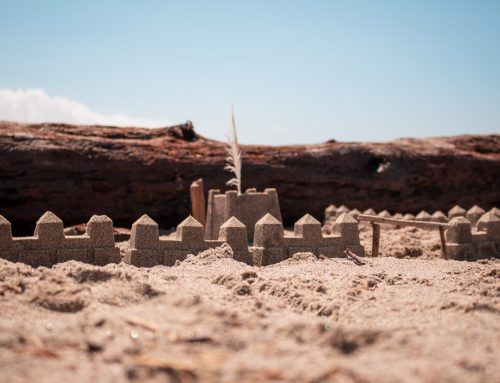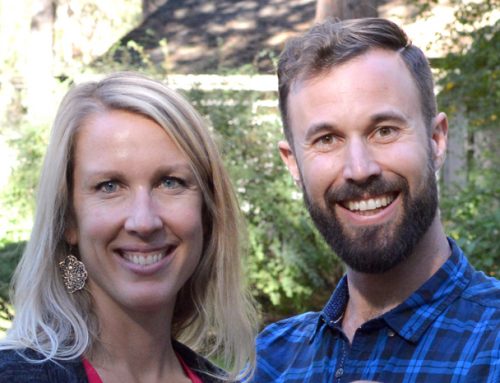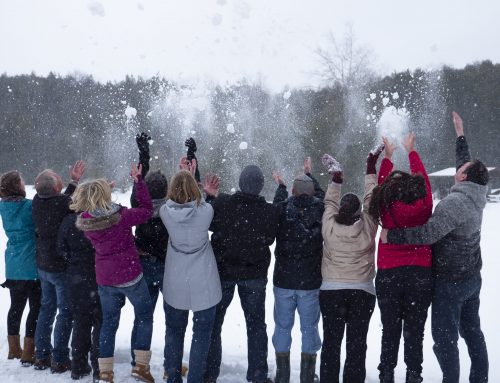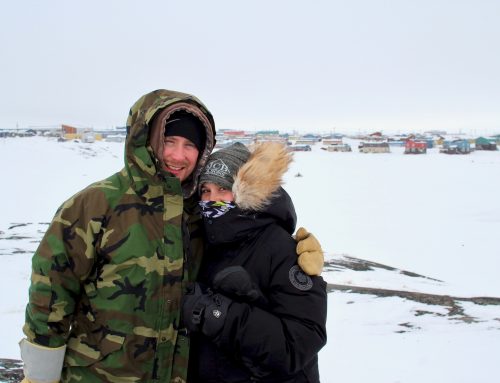Sixty years ago, and earlier, the financial and social structure we have today to protect the basic needs of children was not available. The extended family had the responsibility for child care. My father-in-law, who is First Nations, has told us, “We were isolated on the reservation; I didn’t know I was poor. We all had little.” His strong personality equipped him to be a survivor, and living from day to day to have enough food prompted various solutions.
Other First Nations friends recount stories of their childhood. One mother had no means to care for her large family so she sent some of her kids to residential school. One man said how he went hungry just to make sure that his younger siblings could eat. Others have admitted to stealing vegetables from the neighbours’ fields. A very dear friend, who is now with the Lord, said that her mother would send her down the road to an old man to trade her body for the debts they couldn’t pay.
Within our North American culture, poverty has always brought shame. Today, even if money is obtainable and our children live in a comparable abundance, the stigma of being poor or worthless can be imprinted on us if we are part of certain people groups. In spite of hard work, education, athletics or heroic efforts, a person can still be ascribed a lower class status no matter what individual recognition he or she gains.
How can a person be raised from a shamed to honourable status? Christ took our shame upon Himself on the cross. Only the Lord can ultimately reverse our status from lowly to exalted! (1 Samuel 2:7,8; Romans 8:15-17)
Written by: RuthAnna Dana, Missionary in northern Canada

